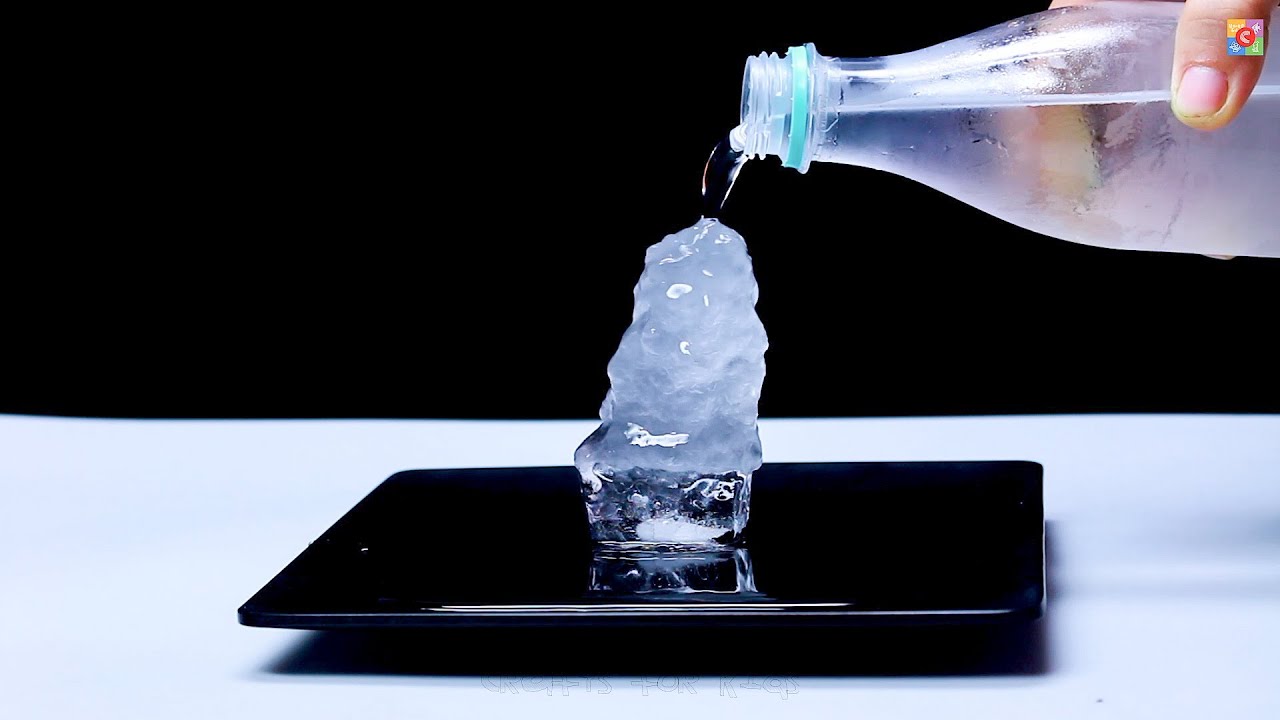 Posted On
Posted On
Simple Tips to Conduct Experiments for Kids to Learn Science
 Posted On
Posted On
To gain scientific knowledge, you cannot be restricted to only learning materials. There has to be a systematic approach for imparting knowledge to kids. This can certainly be achieved with the help of experiments. It helps science come alive and create magic in front of your eyes. To teach science to children from a young age, you must adopt simple and understandable experiments. Kids at this age are extremely curious about learning the finer details about the things that they find interesting. To increase curiosity and enhance learning experience, you must conduct experiments for kids at home, to learn science in an understandable way.
From the time kids become acquainted with understanding of the concepts that you teach, start prepping up to conduct experiments at home. Kids from preschool and kindergarten, can start observing and participating in performing experiments to know the scientific reason behind the concept that you are teaching them. These science experiments for kids will help them gain knowledge and develop observational skills for better understanding of the concept. Most importantly, they develop curiosity and ask questions to clear their doubts.
Kids, more or less, have always been interested in performing experiments in any manner. Therefore, you can enhance their interest by conducting simple experiments at home with kid-friendly materials. Teach basic concepts by demonstrating, or making them perform experiments under your supervision. Create opportunities for kids where they enjoy learning science, rather than just memorizing the information.
Tips for Conducting Experiments to Learn Science at Home
A few tips to perform experiments at home to learn science are mentioned below:
- Explore short and simple experiments for kids to perform.
- Use understandable language to instruct procedures or protocols to kids.
- Use kid-friendly equipment and materials for experiments.
- Encourage kids to read and understand the aim, objectives and procedures of the experiment carefully.
- Ask kids to use protective gears such as gloves, goggles and an apron before performing the experiment, if required.
- Encourage children to note down each and every step they perform.
- Motivate children to observe and analyze the results of the experiment.
- Encourage children to ask questions to clear their doubts, while performing the experiment.
- Supervise children while performing the experiment.
List of Experiments for Kids to Learn Science at Home
Some of the simple experiments that you can conduct for kids at home are mentioned below:
- Producing fire with the help of lenses and sun.
- Producing static electricity with a comb.
- Learning the concept of refraction with the help of glass and water.
- Learning the concept of thermal conductivity with the help of balloons and candles.
- Learning air expansion with the help of candles, glass and a plate.
- Learning the concept of polymers with the help of balloons, a needle and a tape.
- Learning the concept of sound and light with cardboards and flashlight.
Benefits of Experiments to Teach Science for Kids
There is abundant information available for you to conduct experiments for kids at home. You can find the list of experiments to teach the concept of science in an entertaining way. Also, conducting experiments in the form of indoor games for kids will attract their attention towards learning science. You can make them perform experiments with their friends or classmates. Kids can work in groups, and you can award prizes to the group who performs experiments following all the protocols. Learning science with the help of experiments is highly beneficial. Summing up, some of the advantages of experiments for kids are mentioned below:
- Develops cognitive, problem solving and observational skills among children.
- Improves academic performance of children.
- Builds confidence in children while performing the experiments.
- Develops organizational skills and follows protocols in a systematic manner.
- Increases curiosity among children.
- Imparts scientific knowledge to children.
- Develops questioning abilities in children.






